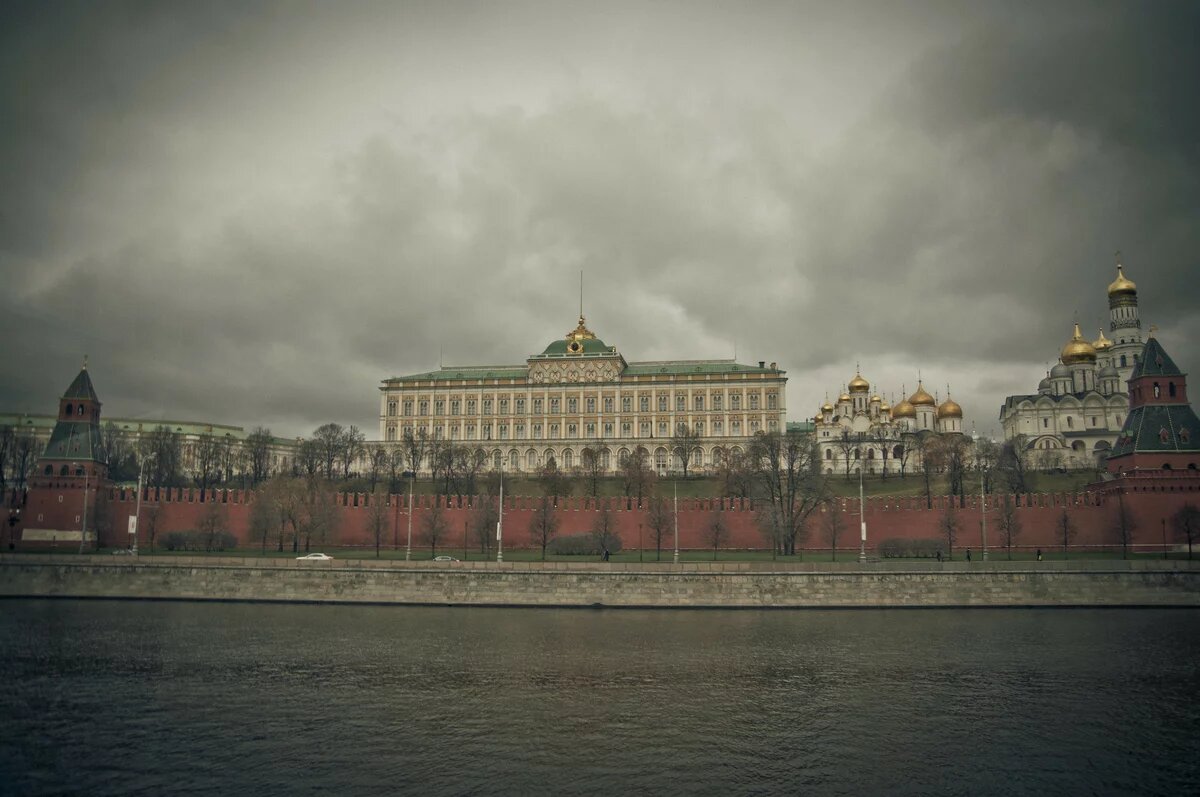Russia’s policy in the Middle East is geared strictly to the country’s interests: to fulfil its role as a major power, stabilise the region and minimise every risk as much as possible. This offers opportunities.

Anybody wishing to understand the relationship between Russia and Iran better should start by looking at an atlas and a history book. From Moscow’s perspective, Iran is a near neighbour and there is a shared history connecting Russia to Persia – in uneasy proximity. Persia became part of Russia’s sphere of influence following the second Russo-Persian War of 1828. There have been phases of constructive cooperation, but also of hostilities, which are still remembered in Iran to this day. Even before then, there were mutual and conflicting interests on both sides.
Today, Russia sees Iran as a key state in containing US dominance and shoring up its own influence in the Middle East, which has declined since the Soviet era. However, regional dominance for Iran would not be in the interests of Russia’s foreign policy, which is reliant on balance to maintain stability.
Moscow considers that the US is responsible for the current Iranian crisis. Furthermore, this chimes with the anti-American rhetoric of Moscow’s propaganda. The Russian population, on the other hand, is largely indifferent to Iran. Ukraine is closer and at one point even Syria came in for a certain amount of national attention. Iran evokes fewer emotions. As there is no appetite for a broad national discourse on foreign policy, developments in Iran tend to be a specialist subject area reserved for political scientists.
1. Divide, yes, but at no great risk
Moscow has no particular interest in an escalation of the Iran conflict. Certainly, it likes to use the situation as a means of dividing Western society – but not at any price. From Russia’s perspective, Iran has an important role in the force field of the Middle East, but Russia is also making efforts to create or bolster relationships with countries from the wider region that are anywhere on the scale from negative up to downright hostile towards Iran: Qatar, Saudi Arabia, Israel. This multi-vector policy is inconsistent with the dominance of a regional power, even that of Iran. Additionally, there are various interests prohibiting a fundamental partnership between Russia and Iran other than one arising from the situation.
In the spirit of its role as a major power, Russia must do all in its power to preserve the geopolitical balance of the Middle East, so as to strengthen security on its southern flank. Military hostilities between the US and Iran would generate too many uncertainties. Russia would have to decide whether and how to get involved in a conflict with uncertain consequences. A military victory for the USA would destroy the balance to which Russia aspires.
Economic interests are a less important factor for Russia. Trade between the two countries is insignificant ($1.7 billion in 2018) and Russia and Iran are competitors in the oil and gas markets.
2. Pragmatism is an opportunity
Russia’s interest in limiting and controlling the Iranian nuclear programme is enormous and one of principle. For the sake of its security, Moscow is keen to prevent any proliferation of nuclear weapons in the Middle East. Accordingly, Russia has previously gone along with UN sanctions against Iran. This increases the prospects of keeping the nuclear deal with Iran afloat. Although Russia would like to back Iran against the US sanctions, it is not prepared to do this to its own detriment. Above all, Moscow hopes to contain the conflict. This pragmatism and its interest-driven policy offer possibilities for solutions to which Russia could actively contribute as well. It is worth noting that Russia’s policy in the Middle East is often characterised by local knowledge and skilful diplomacy that tend to be missing from relations with the former Soviet republics.
Currently, there are many indications that the USA is keen to avoid military combat with Iran. A direct confrontation with Russia is even more unlikely and externally, Russia stresses its solidarity with Iran. If it came to war, however, its military intervention would be almost unthinkable from current perspectives. At most, Russia could supply weapons and exchange strategic information and reconnaissance data with Teheran.
3. Extensive unpredictability
In the Middle East, Russian behaviour seems more predictable than what the President of the United States or the Iranian government might do. Certainly, Russia’s influence over the latter is limited. The external hostile pressure benefits Teheran by overshadowing tensions at home. However, a moderate escalation of the conflict could spiral out of control if the regime felt compelled to back up its provocative gestures and strong words with actions.